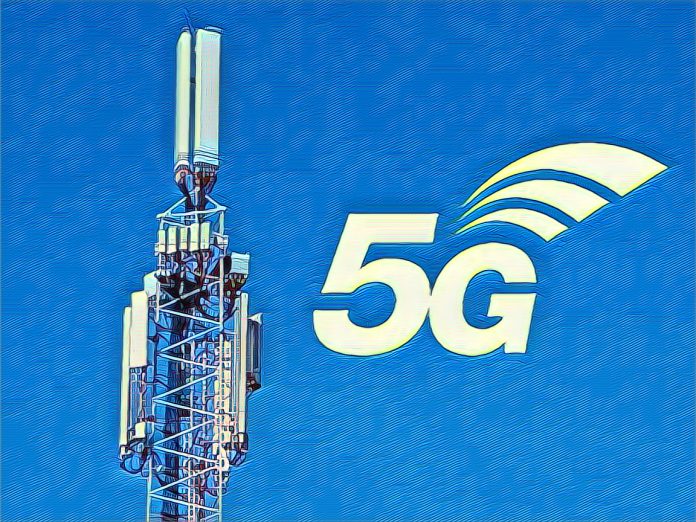The International Telecommunications Union (ITU) recently announced a significant milestone: the Fifth Generation (5G) network now serves 40% of the world’s population, four years post its 2019 debut. This revelation comes from the ITU’s 2023 Facts and Figures.
However, the ITU highlighted a stark disparity in global 5G distribution. While high-income nations enjoy a robust 89% coverage, 5G remains scarce in poorer regions. Consequently, many low-income countries rely primarily on 3G for internet access. This technology, although widespread, falls short in delivering the full spectrum of digital benefits, such as advanced online education and telemedicine.
Despite these challenges, 4G networks, seen as a bridge to enhanced connectivity, are expanding but only reach 39% of the population in these low-income areas.
Turning to Nigeria, a key player in global telecommunications, the Nigerian Communications Commission (NCC) records approximately 500,000 5G subscriptions, representing a mere 0.83% penetration in a nation of over 200 million people. Since its introduction, major operators like MTN, Mafab, and Airtel have been actively driving 5G expansion across Nigeria. MTN leads with a presence in over 15 cities, while Airtel operates in key locations including Lagos, Ogun, Port Harcourt, and Abuja. Mafab’s reach, though less extensive, includes Lagos and Abuja.
The ITU’s report also sheds light on the uneven progression of global internet connectivity, underscoring the digital divide that leaves low-income countries trailing. A novel aspect of the report, the analysis of internet data usage, reveals that in 2022, over 80% of the world’s internet traffic flowed through fixed-broadband networks. These networks, predominant in homes and offices, are crucial yet underutilized in poorer nations due to high costs and inadequate infrastructure.
The ITU Secretary-General, Doreen Bogdan-Martin, emphasized the urgency of bridging this gap. She stated, “As technology leaps forward, our commitment to universal and meaningful connectivity gains paramount importance. Achieving this goal is vital for realizing a sustainable future.”
This development comes as MTN Nigeria secures approval for a 2.6GHz spectrum to deepen its services, further signifying the ongoing efforts to enhance connectivity across the nation.



